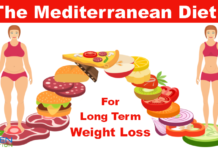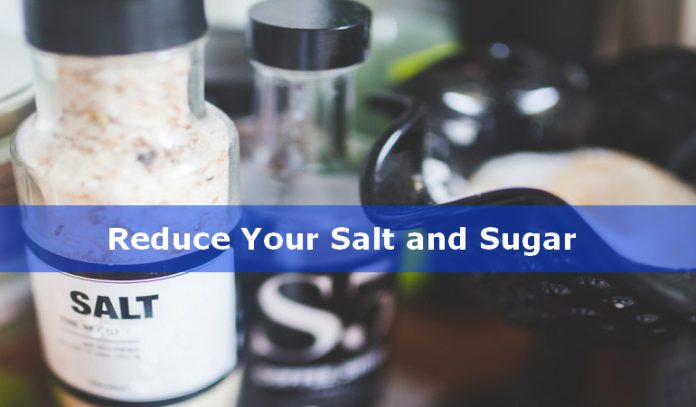Through various studies over the years experts have now gained enough evidence to prove that there is an actual link between sugar consumption, obesity, high sodium intake and accelerated aging.
High Salt Intake Can Lead to Faster Cell Aging
Research in America has discovered that teens that have lots of sodium level in their system from eating salty foods began to show a few signs of faster cell aging.
These eating habits put the teenagers at a greater risk of developing heart disease.
Another study was carried out by researchers from Georgia Regents University, and they claim that by cutting down on the intake of salt, it can help to slow down the aging process of human cells.
Telomere Length and Quicker Aging Cells
The signs of aging were evident in how long the telomeres were.
Telomeres are the biological caps that can be found at the end of each chromosome that serve as a protection of our DNA against damage.
The intake of salt makes a contribution to the accumulation of fats in the body and this occurrence was found by experts to shorten the length of telomeres.
This was proven in a study carried out on 766 youngsters aged 14-18 years old.
The study revealed that adolescents who were obese who had a higher salt intake had shorter telomere lengths.
Telomeres naturally get shorter in length as people get older.
But a high intake of salt, which is not only a contributing factor of being overweight or obese also helps to speed up the shortening process for telomeres.
A team of experts from the University of Medicine and Dentistry of New Jersey studied the telomeres structure of 1,122 women between the ages 18 to 76 and 119 of these subjects were obese.
The conclusion that they come to was that as an individual’s body weight increases, the length of their telomeres decreases.
Women who have leaner bodies have longer telomeres than women who were obese.
Another important discovery from the research, is that people who have higher levels of leptin (which is a hormone produced by fat cells) were also found to have shorter telomeres.
When telomeres length decreases to an extent that they become too short to divide, they die, then signs of aging begin.
This results in accelerated aging which is made evident in the early onset of signs and symptoms of cardiovascular diseases, diabetes, Alzheimer’s and other age-related illnesses.
Increased Salt Intake Can Lead to Increased Sugar Intake
A study carried out in Finland showed that with the increased consumption of salty foods a person’s risk of being obese or overweight increased as well.
This is because individuals who have a very high salt consumption seem to have a higher tendency to crave more sugary drinks.
Scientists from the University of Kuopio and University of Helsinki stated that a higher salt intake increases the desire to want to drink sugar-laden fizzy drinks to relieve their thirst.
Unfortunately, this type of diet is totally stripped of nutrients but very high in calories.
Combined together, high salt and sugar consumption is a large contributor to weight gain, thereby increasing a person’s risk of serious lifestyle related illnesses such as cardiovascular diseases and diabetes.
Reducing Salt Showed to Reduce Mortality Rate
When the results of the study of the Finland residents came through and the experts studied the medical data, they were able to work out that cutting down on the intake of salt by 30%, it was enough to lessen the mortality rate by up to 80% in people who suffered from coronary heart disease and stroke.
By reducing the consumption of salt the lifespan of Finnish individuals was found to have increased by an average of six to seven years.































